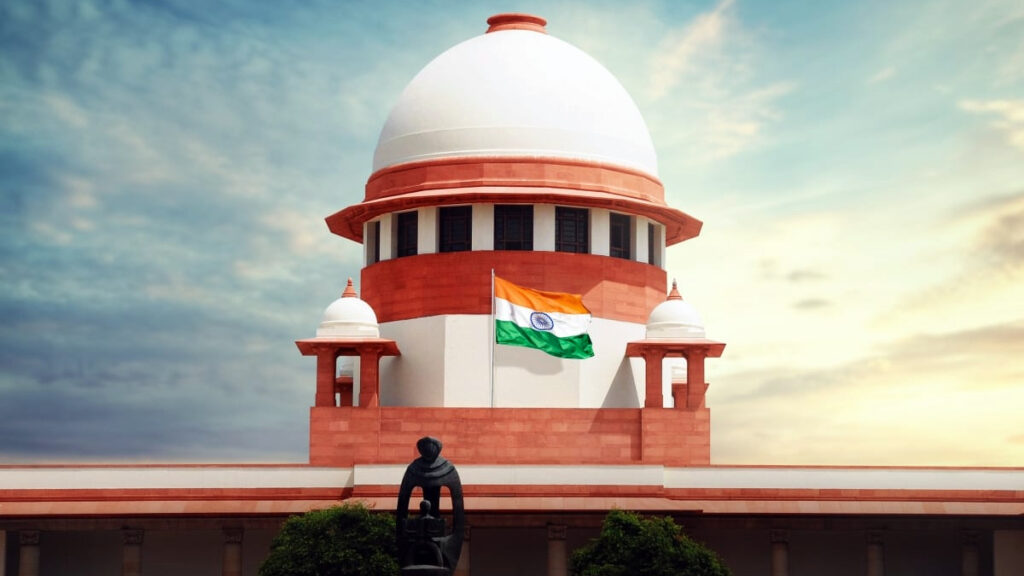
Supreme Court Dismisses PIL Seeking Digital Monitoring of MPs/MLAs
Last Updated on March 2, 2024 by News Desk
Introduction:
On March 1, the Supreme Court of India dismissed a Public Interest Litigation (PIL) petition that aimed to digitally monitor the activities of Members of Parliament (MPs) and Members of Legislative Assembly (MLAs) in an effort to ensure transparency and prevent corruption. Chief Justice of India (CJI) DY Chandrachud expressed dissatisfaction with the petition’s premise, highlighting concerns regarding privacy rights and the practicality of continuous digital monitoring. The petitioner faced a warning of costs if the matter was deemed unfit for court consideration.
Issue:
The primary issue addressed by the Supreme Court was whether mandating continuous digital monitoring of elected representatives violates the Right to Privacy and is feasible in practice.
Rule:
CJI Chandrachud emphasized the importance of privacy rights, cautioning against invasive monitoring measures that would infringe upon MPs’ and MLAs’ private lives. He underscored the role of elected representatives in lawmaking, noting that individual citizens cannot usurp this responsibility. The petitioner’s reliance on Dr. BR Ambedkar’s words regarding the need for citizens to be lawmakers was acknowledged but not considered a sufficient basis for the proposed monitoring.
Analysis:
The court critically evaluated the petitioner’s arguments, highlighting the impracticality of digitally monitoring MPs and MLAs around the clock and linking footage to citizens’ smartphones. Concerns were raised about the intrusion into the private lives of elected representatives and the potential misuse of such surveillance. Additionally, the court emphasized the constitutional framework and the separation of powers, indicating that individual citizens cannot unilaterally dictate legislative processes.
Conclusion:
Ultimately, the Supreme Court dismissed the PIL petition, acknowledging the importance of privacy rights and the limitations of citizen-led lawmaking. While no costs were imposed on the petitioner, a warning was issued regarding the frivolous nature of the petition. The decision reaffirmed the boundaries of privacy and legislative authority within the Indian democratic system.
Written by — Athi Venkatesh



